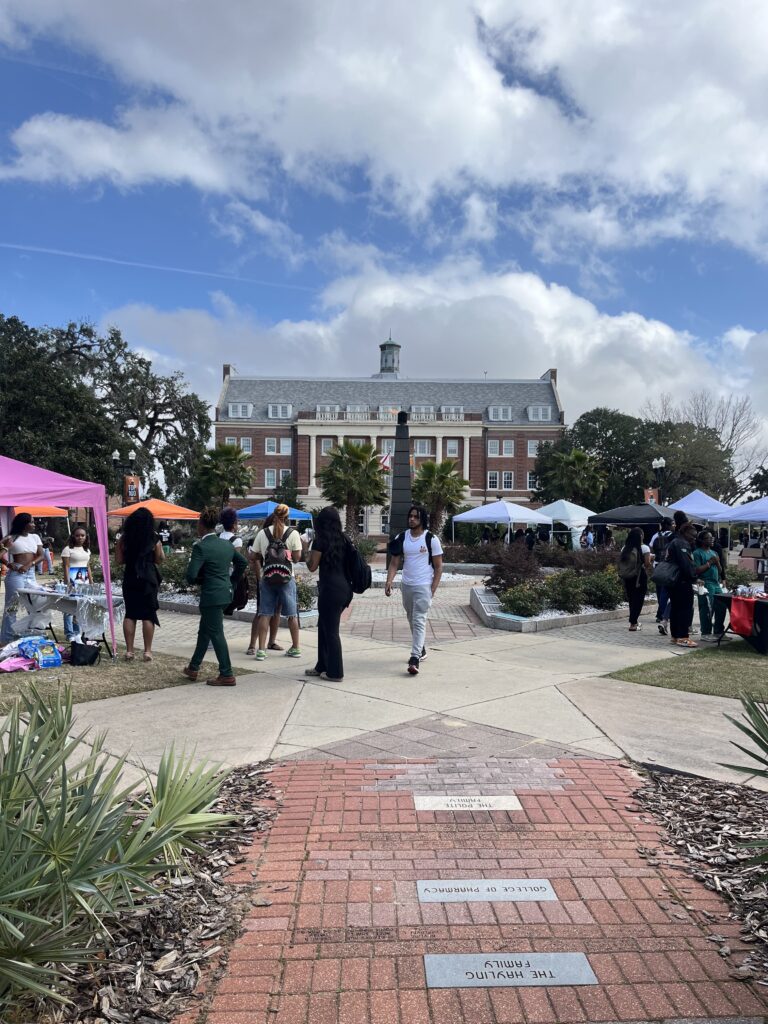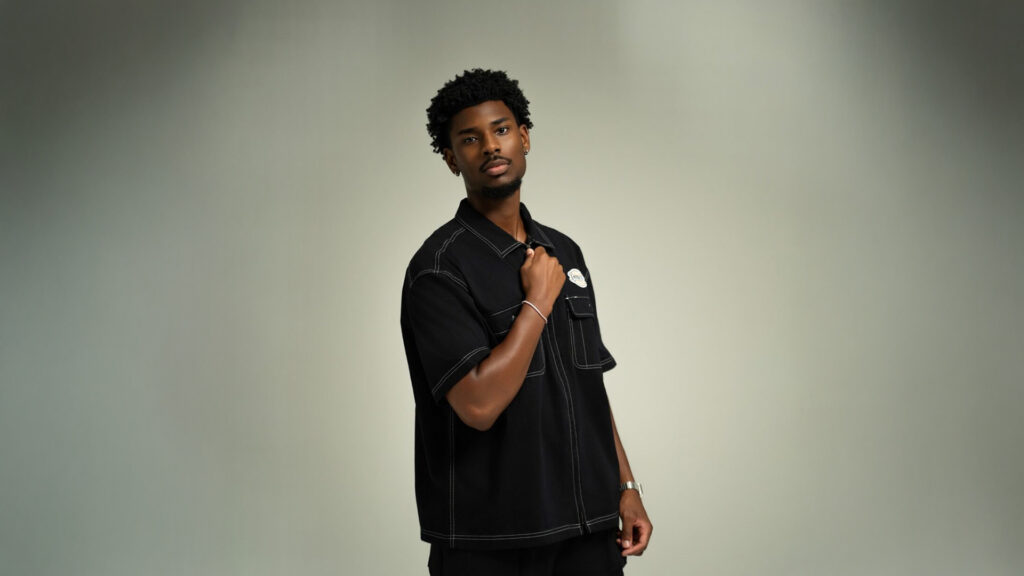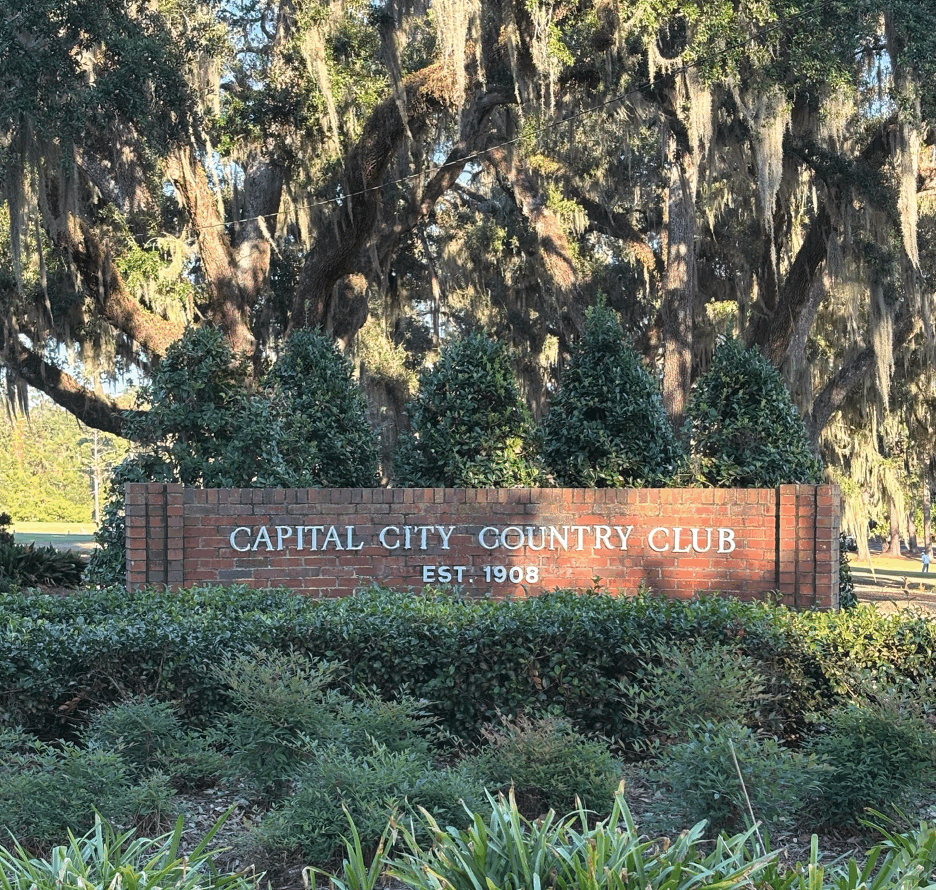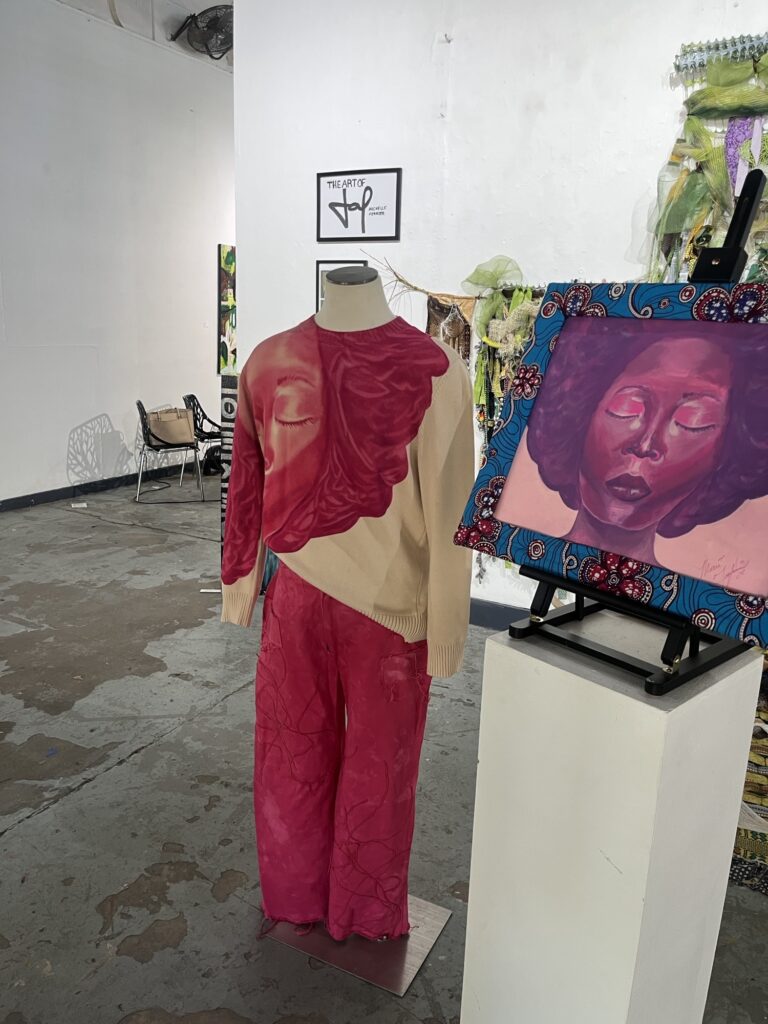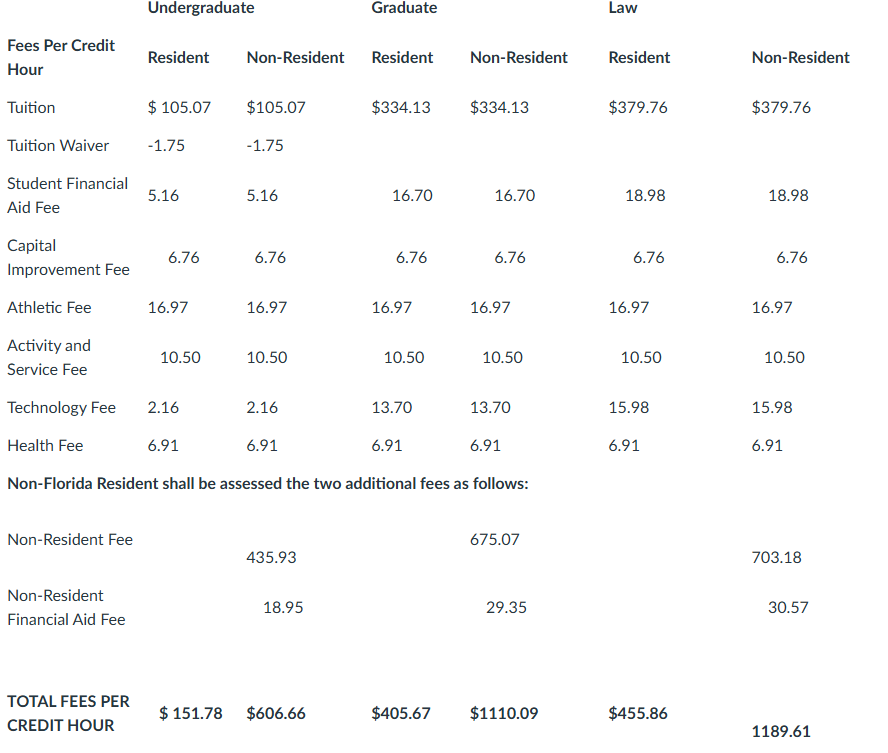Controversy surrounding last year’s campus elections has sparked distrust amongst the student body.
In the 2024 Miss Florida A&M University election, issues with candidate eligibility and an accusation of sabotaging resulted in the disqualification of candidates Edwina Fleuridor and Nevoy Shepherd.
Shepard faced accusations of an “attempt to obstruct the job, operation, and/or function of the Electoral Commission” and “defaming/sabotaging a candidate or tickets character, campaign, or campaign materials.” However, she was later cleared of these accusations and put back onto the ballot for a runoff election.
In the runoff, third-year health science major Kailyn Thompson was subsequently named the 118th Miss Florida A&M University.
The chaos surrounding the Miss FAMU crown was not the only controversy in the 2024 student elections.
There were also issues with the Student Government Association elections; the SGA President-elect Loryn May and Vice President-elect Dakarai “DK” Williams were faced with an impeachment motion. The motion was based on allegations that the pair falsified documents to run for office.
Fast-forward to 2025. Some students are left with skepticism toward campus politics, leaving many to believe the elections are merely a “popularity contest.”
“Last year’s election season made it hard to trust campus politics, FAMU’s elections, like the royal court and stuff,” said Raina Smith a graduating senior from Atlanta Georgia. “I feel like it’s more of a popularity contest than it is actually about trusting the platforms people are running on.”
“Last year’s election controversy showed me how politics can get and how things aren’t always as good as they seem to be to the public, last year’s events foreshadowed national politics,” said Jermaine Edwards Jr, a third-year public relations student.
Wednesday marked the beginning of campaign season for the 2025-2026 election. Candidates posted creative visuals and gave away big prizes to kick things off the year. However, some students find the grand gestures to be inauthentic, “No shade but I don’t understand how daily photo ops show how great of a leader you are/can be.” said a user on Fizz, a popular anonymous app for FAMU students.

Screenshot of Fizz user’s post expressing distrust in campus politics. Photo Credit: Leah Dudley
Candidates in this year’s elections are familiar with student concerns and offer guidance for students who resent political participation.
“To students who feel like campus politics is simply a popularity contest I would say vote for who you feel is going to put in the work,” said Issac J Richardson a third-year political science scholar with a minor in pre-law and 26th Mr. FAMU candidate. “It’s about the impact over status. Be aware of all the candidates, their policies, be aware of their history, work experience, and be aware of their authenticity.”
“I think we need to be a lot more mindful of the people we put into these positions before they get there,” said Lauryn Canty a second-year public relations student and candidate for junior senator. “The work experience and those platform points are important because a lot of people are just going to tell you what you want to hear. Don’t vote for somebody because they are in a certain organization or giving away a cruise.”
Since last year, the electoral commission has implemented some changes, like the mandatory evaluation of candidacy test, which must be passed with a 70% or higher. The test can be retaken as many times as needed, with new attempts one business day after the last attempt. They also implemented a mandatory community service requirement.
“The controversial events of last year made me want to help improve the university,” said Nissa Phillip a second-year public relations student and candidate for SGA Vice-President. “I think the changes that are being implemented this year, like the candidacy test and community service requirement, will restore a lot of students’ trust in campus politics.”
Overall trust in campus politics and politics in general seems to be declining among students. The university’s commitment to change will be put to the test during this election season.

